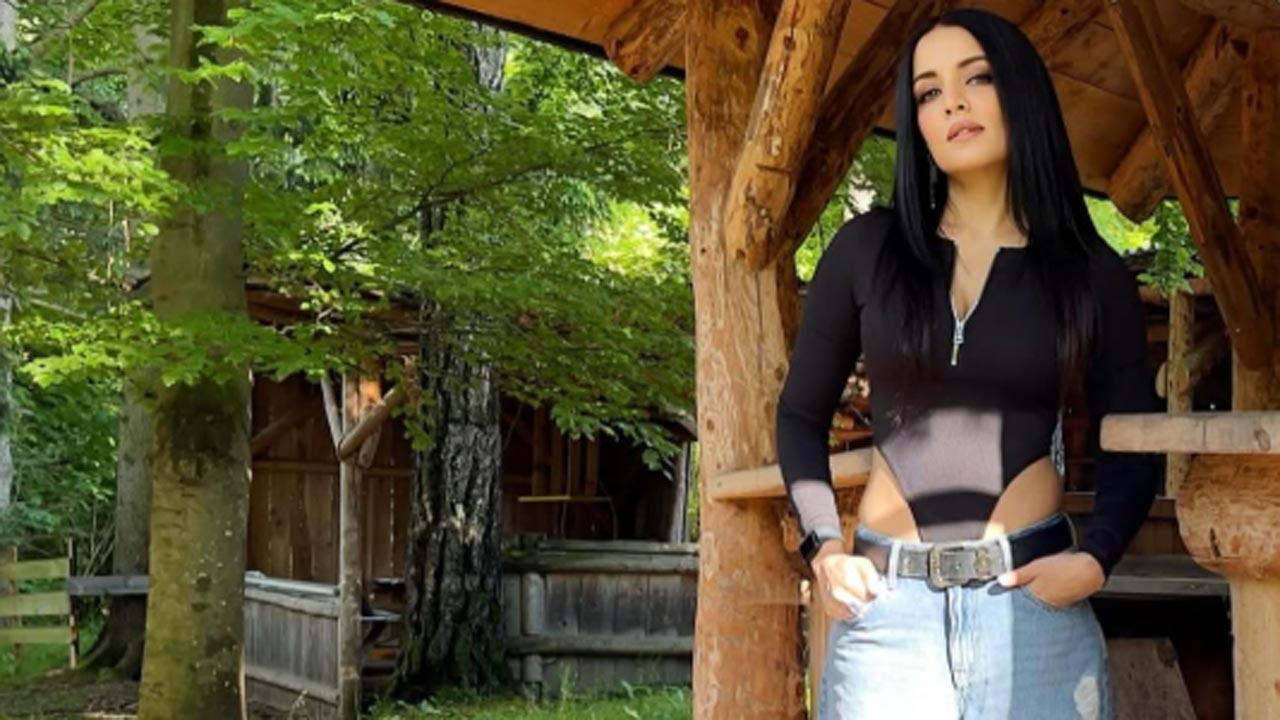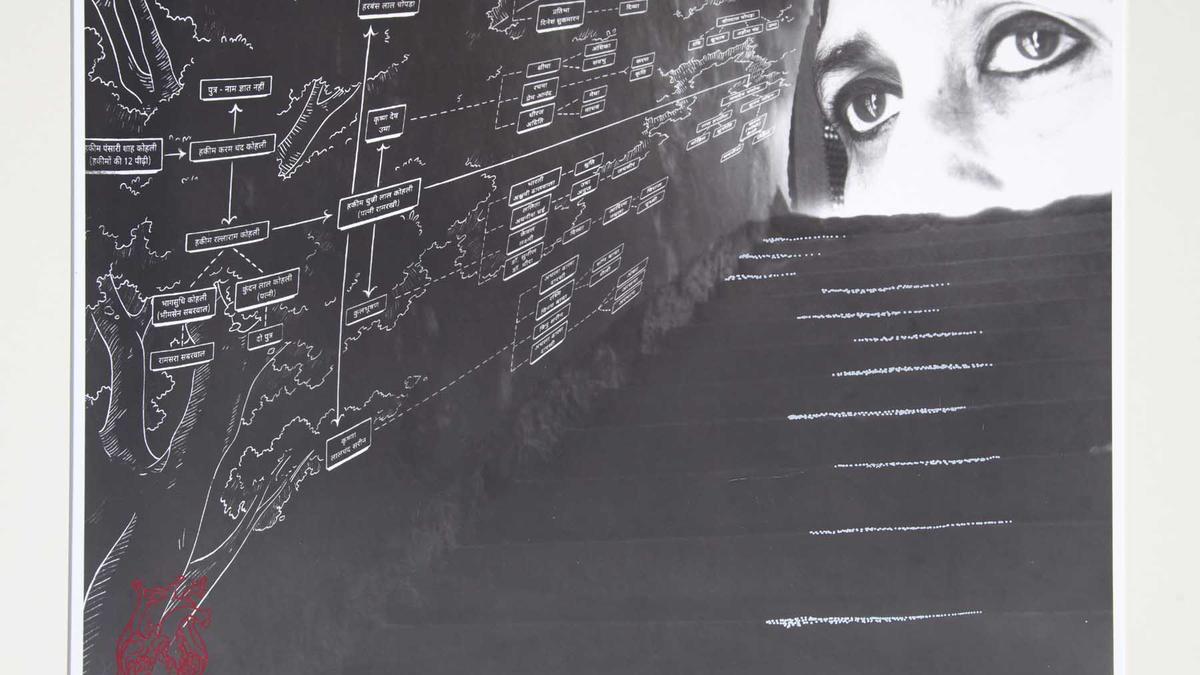
A new fusion album combines the Hindustani classical tradition with global sounds. Brooklyn-based composer, record producer and sarodist Anupam Shobhakar’s Liquid Reality releases on March 14, coinciding with the festival of Holi that embodies the spirit of togetherness.
Anupam has also studied western classical music and has performed interesting cross-over projects. “I wanted to expand the scope of the sarod as just an Indian classical instrument,” he says, talking about the idea behind Liquid Reality.
And so, Anupam began writing the album, for which he collaborated with an ensemble of global talent, including Swaminathan Selvaganesh, Satoshi Takeishi, Gumbi Ortiz, Santiago Leibson and Utsav Lal.
“The album kept populating itself with cool musical ideas derived from my learning and imbibing from diverse genres of music,” says Anupam .
Anupam began his musical journey playing the guitar
| Photo Credit:
Special Arrangement
‘Hey Ghalib’, a track dedicated to Mirza Ghalib, has Shobhakar lending a jazz perspective to ghazal, with complex harmony and interesting rhythm cycles. ‘Anjaneya’ is propelled by the percussive prowess of young kanjira artiste Swaminathan Selvaganesh (grandson of the legendary Vikku Vinayakram) and Satoshi Takeishi on the drums. ‘Ladders to the sky’, featuring Barcelona-born vocalist Ona Kirei and percussionist Gumbi Ortiz, brings in a Brazilian flair. ‘Formless’ has Anupam joining Swaminathan for a spirited duet. Further, Anupam’s take on Shakti’s iconic ‘La danse du bonheur’ has Brooklyn-based Indian pianist Utsav Lal lending his distinct touch.
Anupam hails from a family of Hindustani musicians belonging to the Maihar gharana. “Music was always in the house.” However, growing up as a “Bombay kid” in the late 1990s and early 2000s, Anupam was deeply influenced by guitar virtuosos Eddie Van Halen, Joe Satriani and Allan Holdsworth. Being a complete “guitar nerd,” he began playing the instrument as a child. “There was a diverse scene of American guitar music in the circles that I grew up in Juhu. With my friends, it was always western, jazz and rock music,” he recalls.
At 16, Shobhakar attended a concert by Ustad Ali Akbar Khan at the National Centre for Performing Arts in Mumbai. The evening turned into a life-changing moment for him – he decided to put down the guitar and start playing the sarod. Thereafter, his father got him his first sarod from Kolkata.
Anupam trained in sarod under Ustad Aashish Khan
| Photo Credit:
Special Arrangement
It was Ustad Aashish Khan who took Anupam under his wings and opened the doors of Indian music to him. “Having lived in the West and having worked with several musicians, including the inimitable The Beatles, he had this amazing open-mindedness that resonated with someone like me,” says Anupam. His greatest memory is going to Maihar with his guru, where Anupam had the honour of practicing on Ustad Allauddin Khan’s sarod in his study. “Ustadji (Aashish Khan) was like a family member, and taught me everything I know today about the sarod. I stayed with him for months, travelling and performing,” he reminisces.
But as he delved deeper into the sarod, Anupam found himself missing his guitar. It was Annapurna Devi who advised him to follow his own path. This led him to commission the Kalima, a bespoke double-neck guitar, with one fretted neck for western techniques and one fretless neck for sarod-like expressions. “I literally had it come to me in a dream, or maybe it was always germinating in my subconscious,” he says.
Published – February 07, 2025 04:32 pm IST
Friday Review










